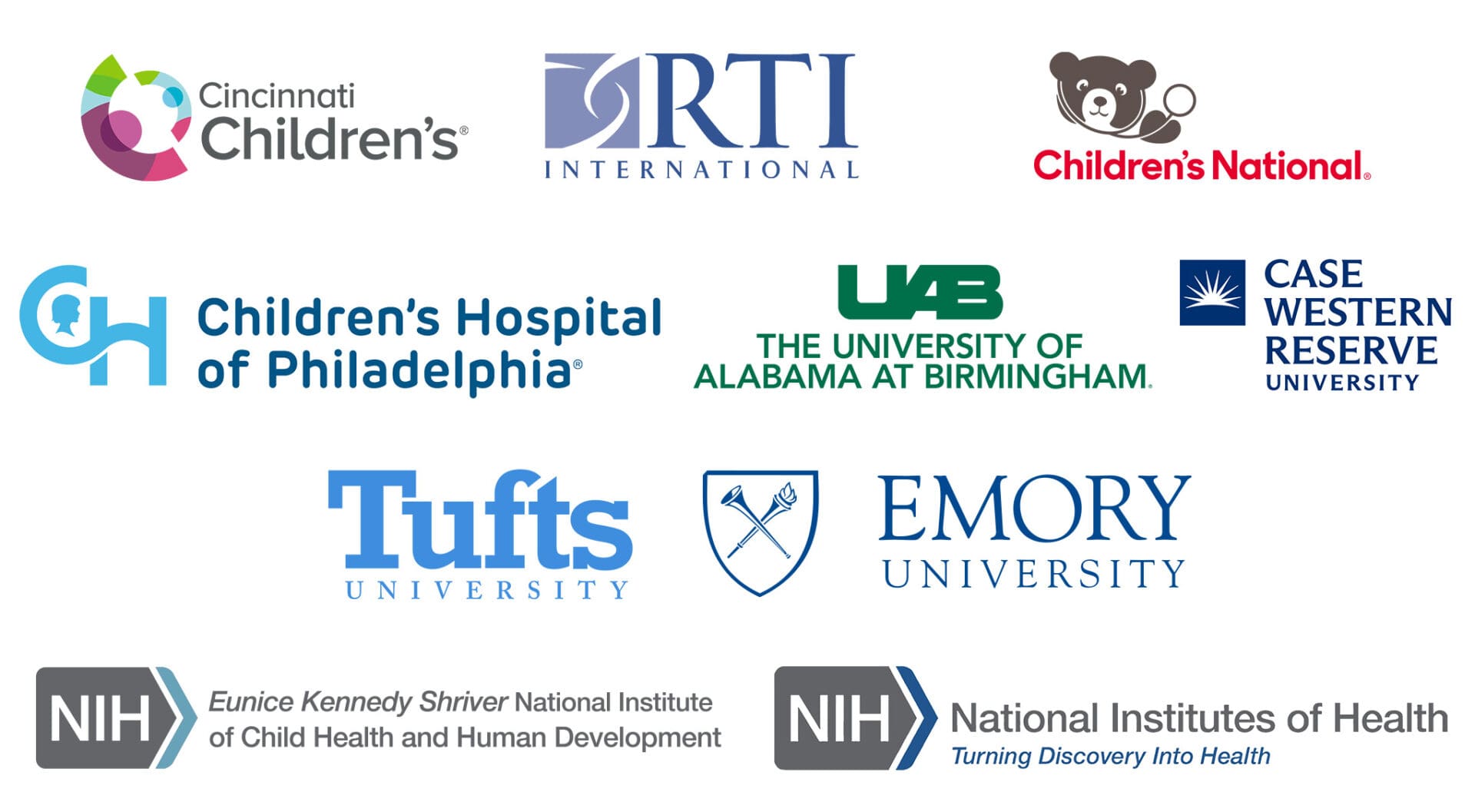Children’s National Hospital Serves as Magnetic Resonance Image Coordinating Center
According to the National Institutes of Health (NIH), an estimated 5.7 million U.S. people had opioid use disorder in 2023. This component of the NIH’s massive Helping to End Addiction Long-Term Initiative (HEAL) will enroll pregnant women from four U.S. regions struck hard by the opioid crisis, following these women and their children for years to gauge opioids’ imprint on children’s brains.
Learn More: Healthy Brain and Child Development Study
The Advancing Clinical Trials in Neonatal Opioid Withdrawal (ACT NOW) Outcomes of Babies with Opioid Exposure (OBOE) study follows babies who were exposed to opioids and babies who were not exposed to opioids from birth to 2 years of age.
Our multi-disciplinary research team believes that paying special attention to babies during the first two years of life and taking note of their motor skills, thinking, language and behavior during this time provides valuable information on how to effectively support the health and well-being of all babies.
Thanks to its unparalleled imaging expertise, Children’s National Hospital was invited to participate in this groundbreaking, multi-million dollar study to determine how being exposed to opioids in the womb impacts newborns’ long-term brain development.
The Developing Brain Institute at Children’s National Hospital serves as the magnetic resonance image coordinating center for the four-year OBOE study. That means DBI oversees all aspects of how these babies’ detailed brain scans are acquired, processed and analyzed, says Chief & Director Catherine Limperopoulos, Ph.D.
Learn More: OBOE study
Learn More: Sharp images key to spotting the earliest signs of compromised pregnancies
Learn More: Catherine Limperopoulos, Ph.D.
Learn More: JAMA Pediatrics manuscript
Learn More: MedPage Today: “Prenatal Opioid Exposure Linked to Smaller Brain Volume”
Contact us to learn more

NIH | ACT NOW
Initiative
Little is known about the long-term impact of a growing number of newborns being exposed to opioids in the womb.
Purpose
Newborns exposed to opioids in the womb are at risk for a condition called neonatal opioid withdrawal syndrome (NOWS) or neonatal abstinence syndrome. Symptoms can include tremors; excessive crying and irritability; and problems with sleeping, feeding, and breathing.
The incidence of NOWS in the U.S. has increased more than five-fold since 2004 to almost 7 per 1,000 hospital births. Little is known about the long-term effects of this condition, and there are few standard, evidence-based treatments for NOWS.
FAQ
Center Core Grant
- RTI International – North Carolina Supplements
- Duke University – North Carolina
- RTI International – North Carolina

